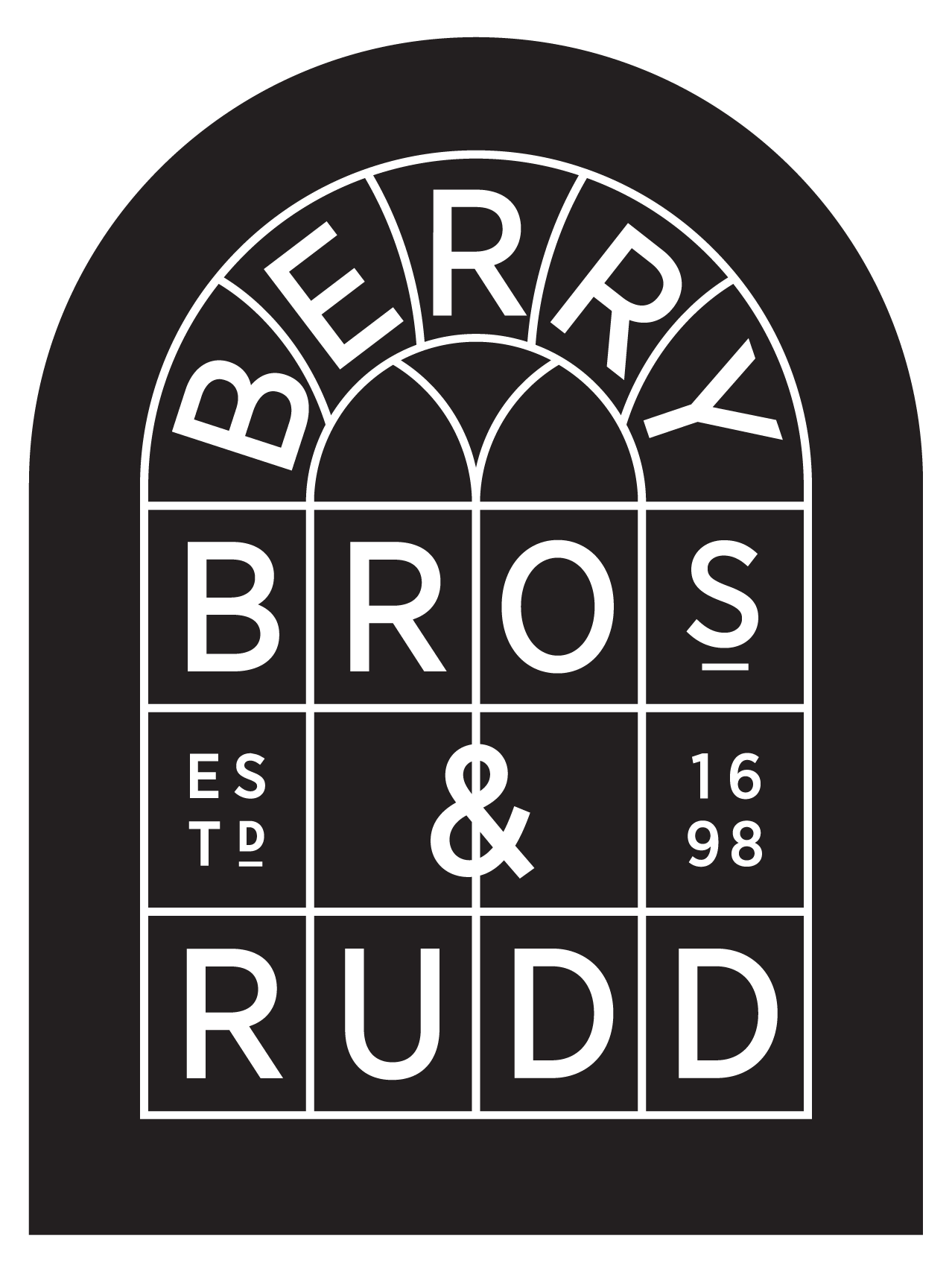WHISKY OR WHISKEY? THE REASON FOR TWO DIFFERENT SPELLINGS
When it comes to the written word for this fine spirit, the subtle addition of the letter ‘e’ in the spelling can mean a whole host of different meanings to whisky aficionados and should not be misused lightly.
Both derived from the Gaelic ‘Uisge Beatha’ or ‘Usquebaugh’, meaning water of life. Through the ages, as we saw whisky-making spread across the globe, nuances were made to the styles and so therefore, it would make sense that the name would alter slightly as well. To add to the confusion it’s only been in the 20th Century that the spellings have become fixed. Before that it was in a state of somewhat disarray.
Nowadays the variation in spelling can be used to denote where that particular bottle has originated from to a certain extent. For example, Irish and American favour whiskey, whereas Scottish, Canadian, Japanese and the Nordic regions use whisky. This same rule applies to the plural of both as well, with whisky becoming whiskies and whiskey, whiskeys.
It’s worth noting that Scotch whisky is the only spelling that is required by law for it to be called such.
It is believed that the initial difference in spelling came from slight variations in the Irish and Scottish forms of Gaelic. Another well-told tale is that in the 1800s Scottish whisky was such poor quality, the Irish were keen to differentiate their malts so added the ‘e’ as a way to market them separately. Then with so many Irish settlers moving to the US it made sense that they would take that spelling with them on their migration.
